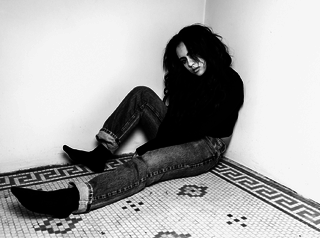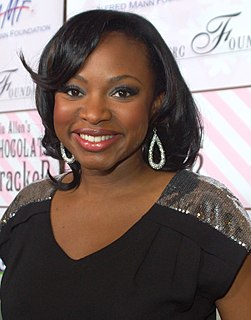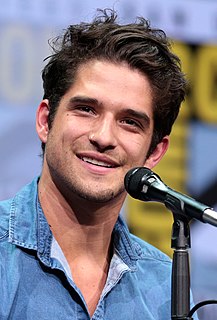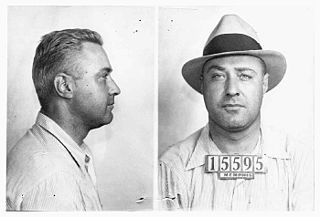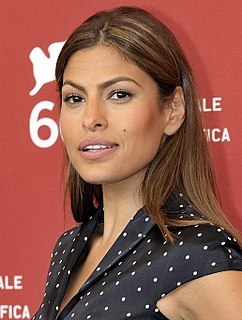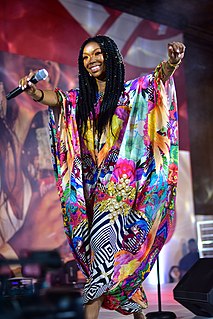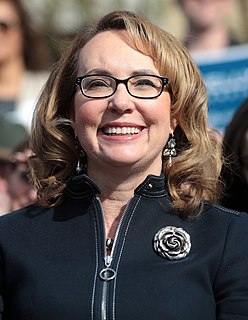A Quote by Bibi Bourelly
I think that I can't help but put my personal pain in my music because there's a lot of it. That's my therapy.
Related Quotes
I believe that the greatest music is storytelling anyway, in a heightened medium. So I write a lot of music, and I play a lot with my guitar, I still sing a lot, but now I'm more personal about it than public, in a way. I think there will be a time where I'd like to bring the singing back into some of my performances. It all depends if the material's right, if the story's right, if it's my kind of taste in music, as well. It means so much to me. We all know how affective music can be, I just want to make sure when I do it, I'm doing it because I actually feel it and I care about it.
I think that there is a tragic misfit at the core of me, and I've just done a lot of work on myself. I love a good self-help book; I've read a ton of them. I love self-help seminars and therapy and all that. I think that probably, at my core, if I had done no work on myself, I would probably be Laura from The Mysteries Of Laura, but I worked hard to be a more stable person because that's what I wanted out of my life.
I can only speak from my personal journey and my personal struggles which are completely different from other individuals but if I can slightly help someone else understand themselves, then that's perfect. Because I only make music, there's so much emotion in the music itself that I hope people can tap into and feel the same way I feel when I listen to it.
